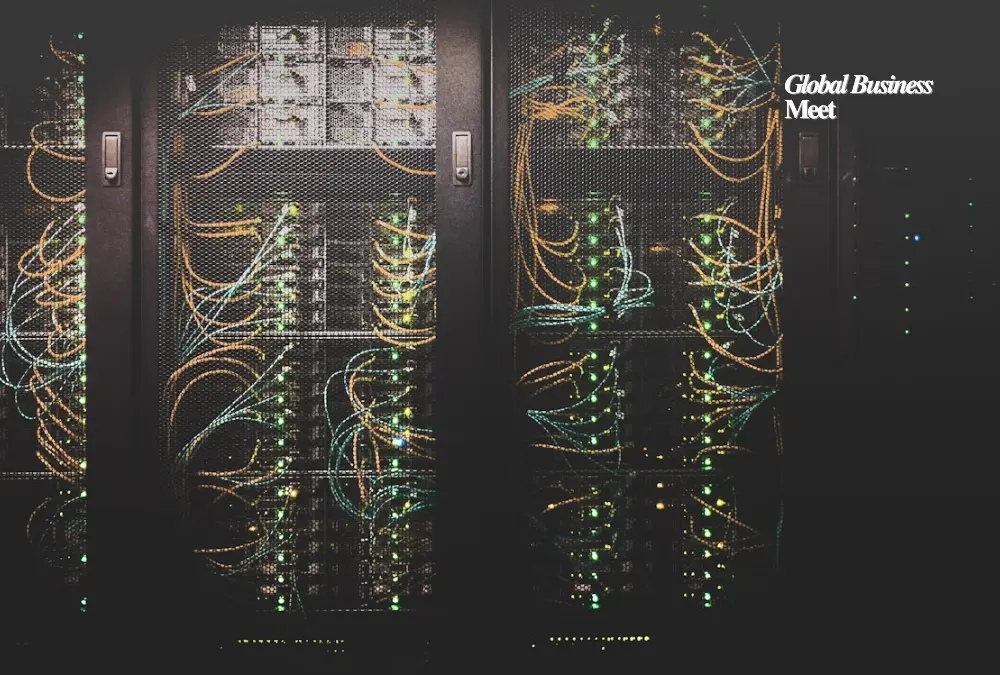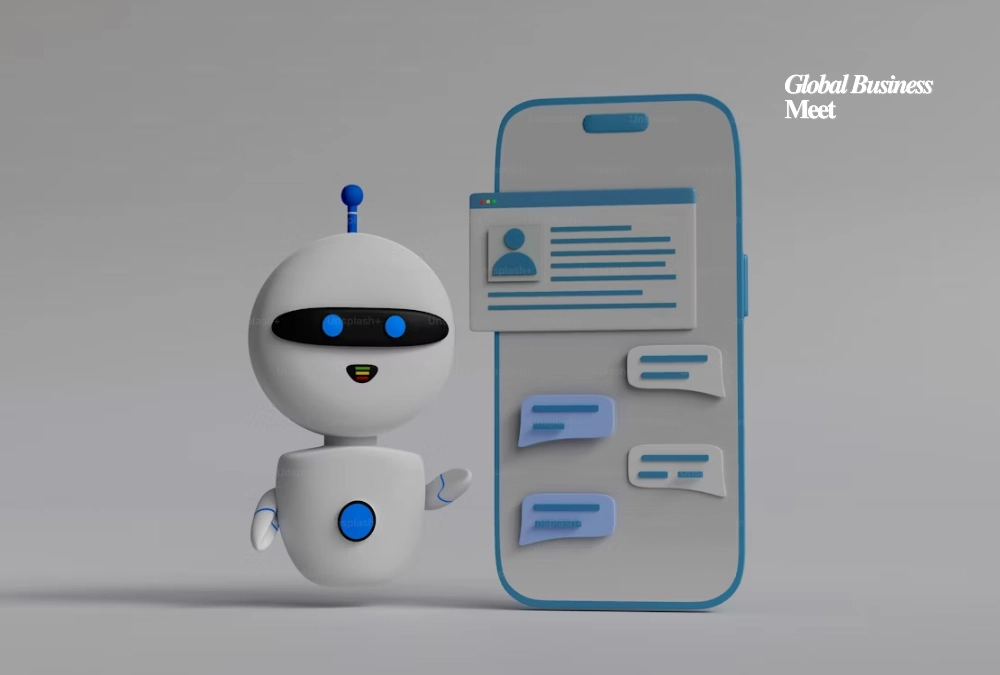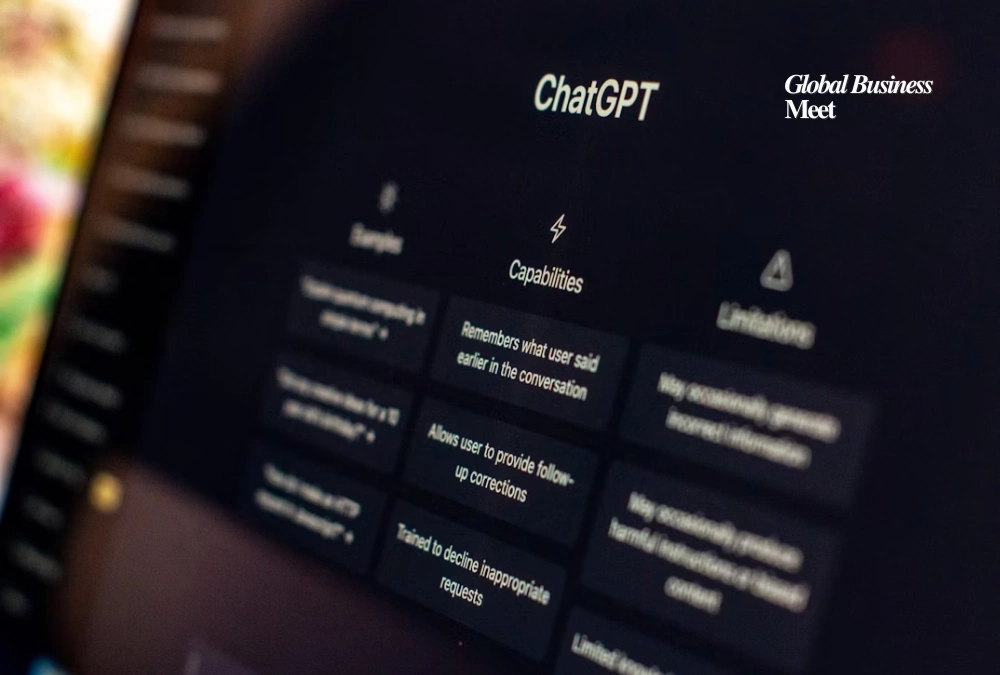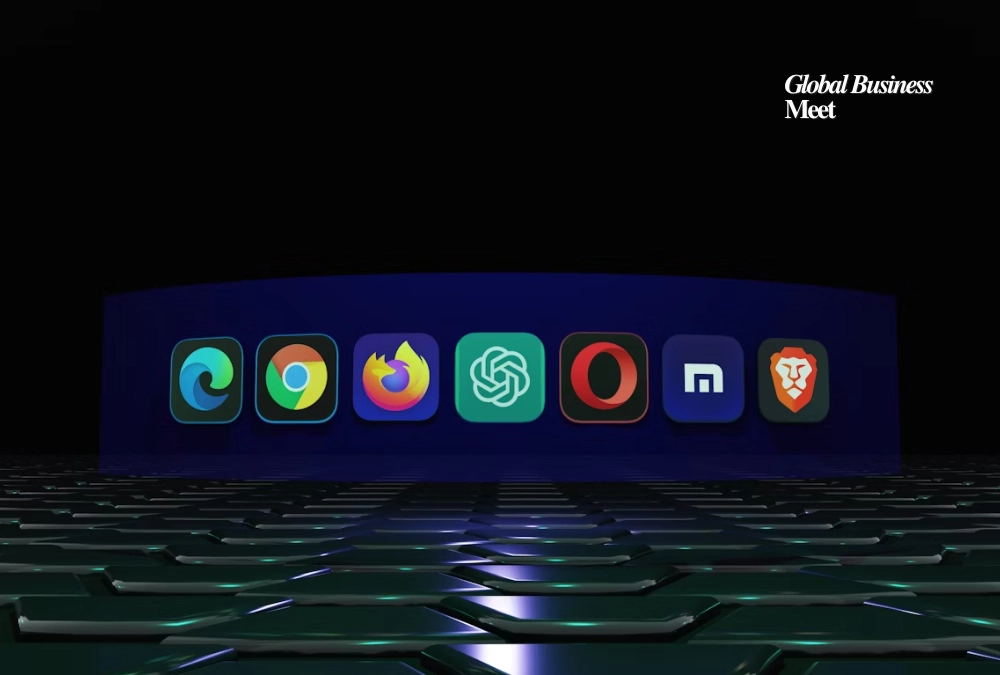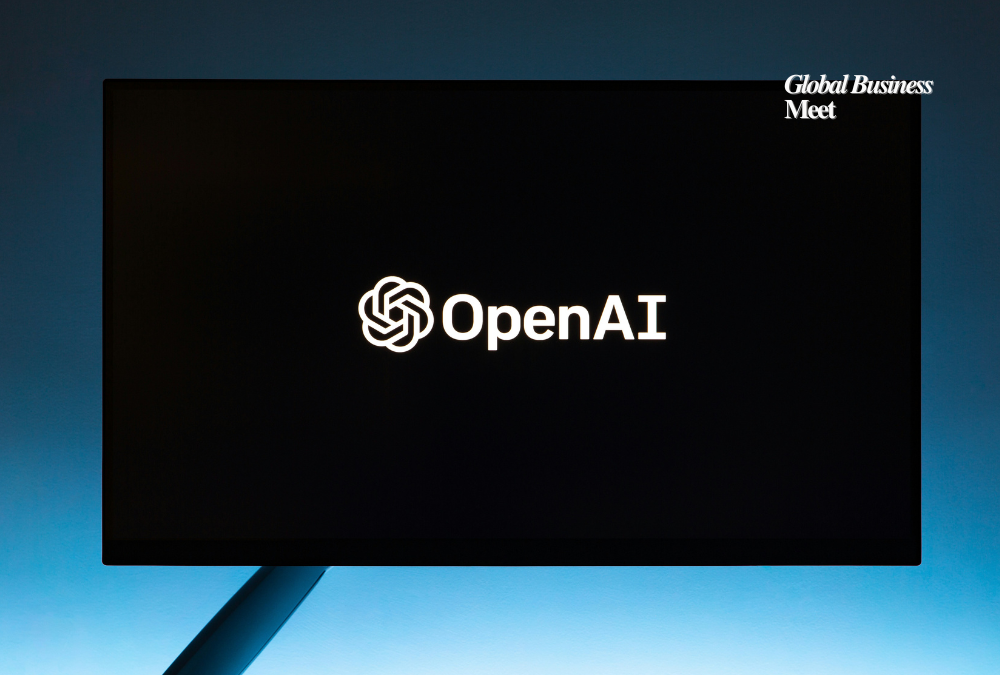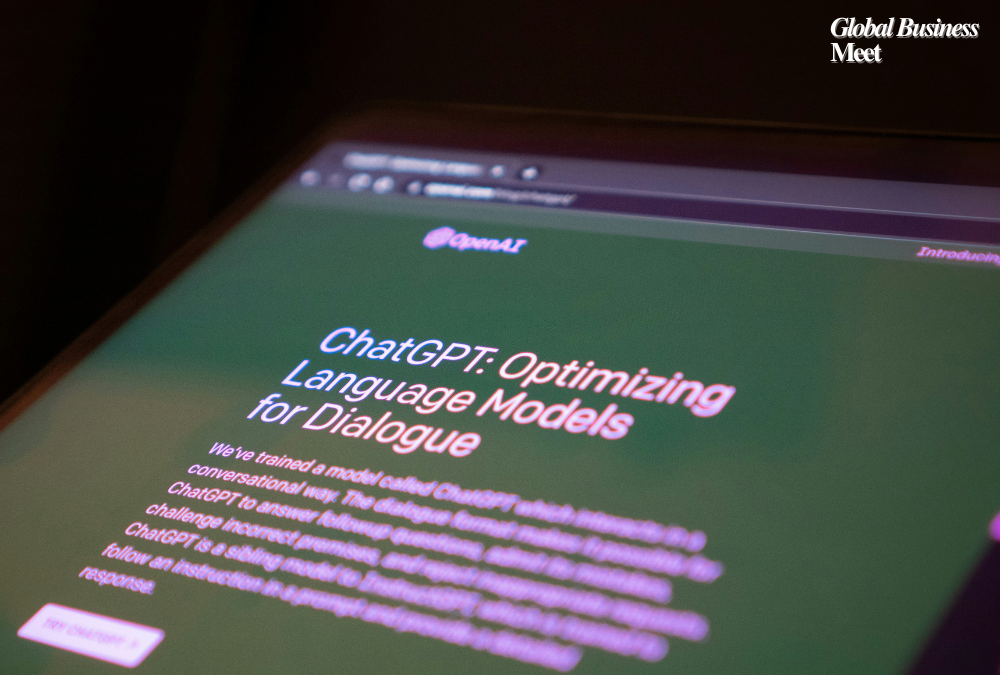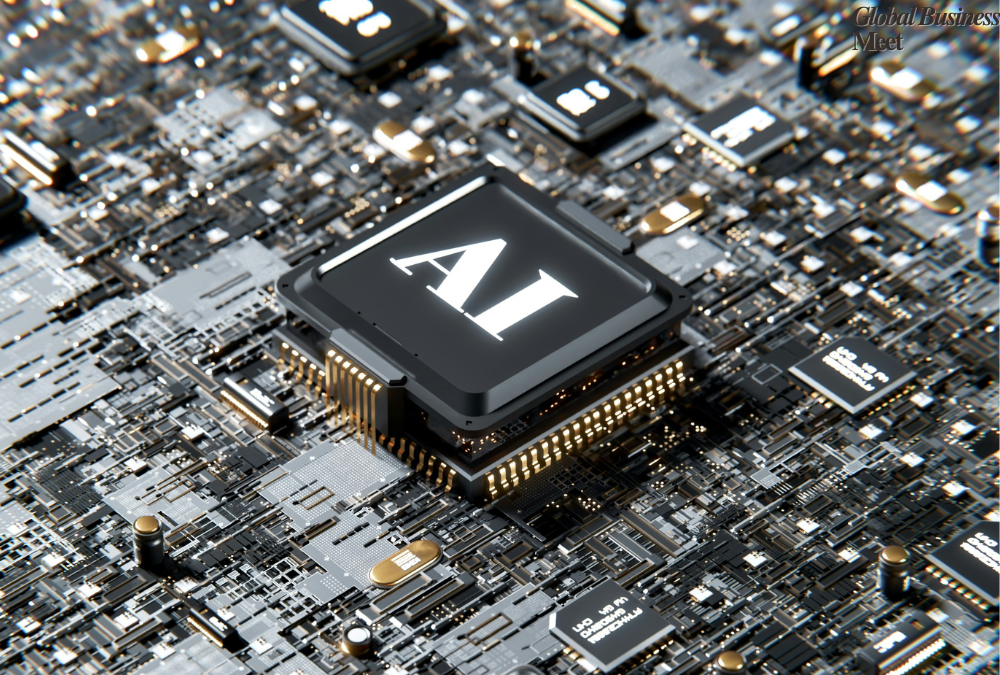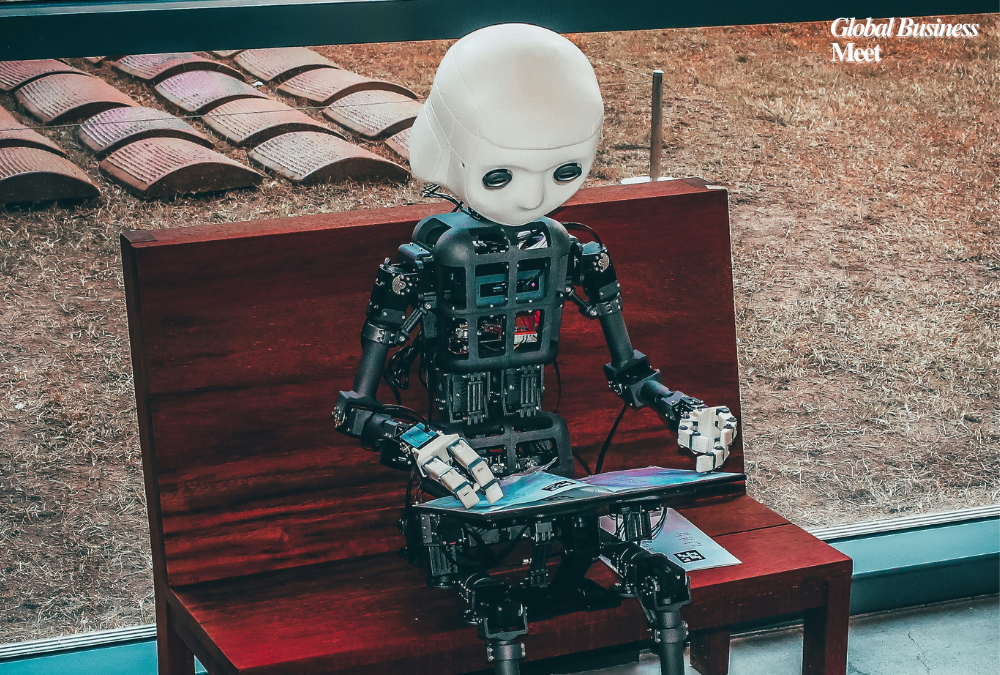
Sam Altman, the CEO of OpenAI, has recently expressed an impressive plan for the future of ChatGPT that has drawn both interest and worries among experts. During his talk at a Sequoia Capital event on AI, Altman mentioned his aim to build a ChatGPT that can retain and reason through the entire lifespan of a person. This future AI model would act like a powerful personal assistant, able to save and bring back information from every talk, book, email, and daily interaction a person has.
According to Altman, the newer ChatGPT would be a “tiny reasoning model” and would remember the important events in a user’s life due to having a trillion examples of conversations. “As time goes on, your life keeps getting woven into the scene around you.” The goal is for the AI to get better over time with the user, using memory and combined data to supply meaningful and relevant support. Adding data sources and providing more detailed prompts helps the AI memory function work better.
It was especially clear from what Altman said that many college students are relying on ChatGPT for important decisions in their lives. As per Altman, these users come to the chatbot as their own operating system. They post files, link other online accounts, and use ChatGPT to help them with study, personal, and work-related problems. Altman explained that many people now resort to asking their chatbot for advice before deciding.
Even though the technology behind this vision is impressive, it brings up many ethical and privacy issues. Having your personal information kept on a proprietary AI platform raises risks about privacy and misuse. This leads some to argue over the possibility of this data being used for surveilling, changing user behavior, or for business benefits. It shows why we need stronger laws, openness from AI developers, and more control of data by users.
Altman outlines how AI might impact everyday life, but also encouraged us to think about respecting people’s privacy. ChatGPT’s growth will make it more important to focus on the ethical issues related to AI.





